Figure shows a plot of the potential energy as a function of x for a particle moving along the x-axis. Which of the following statement(s) is/are true?
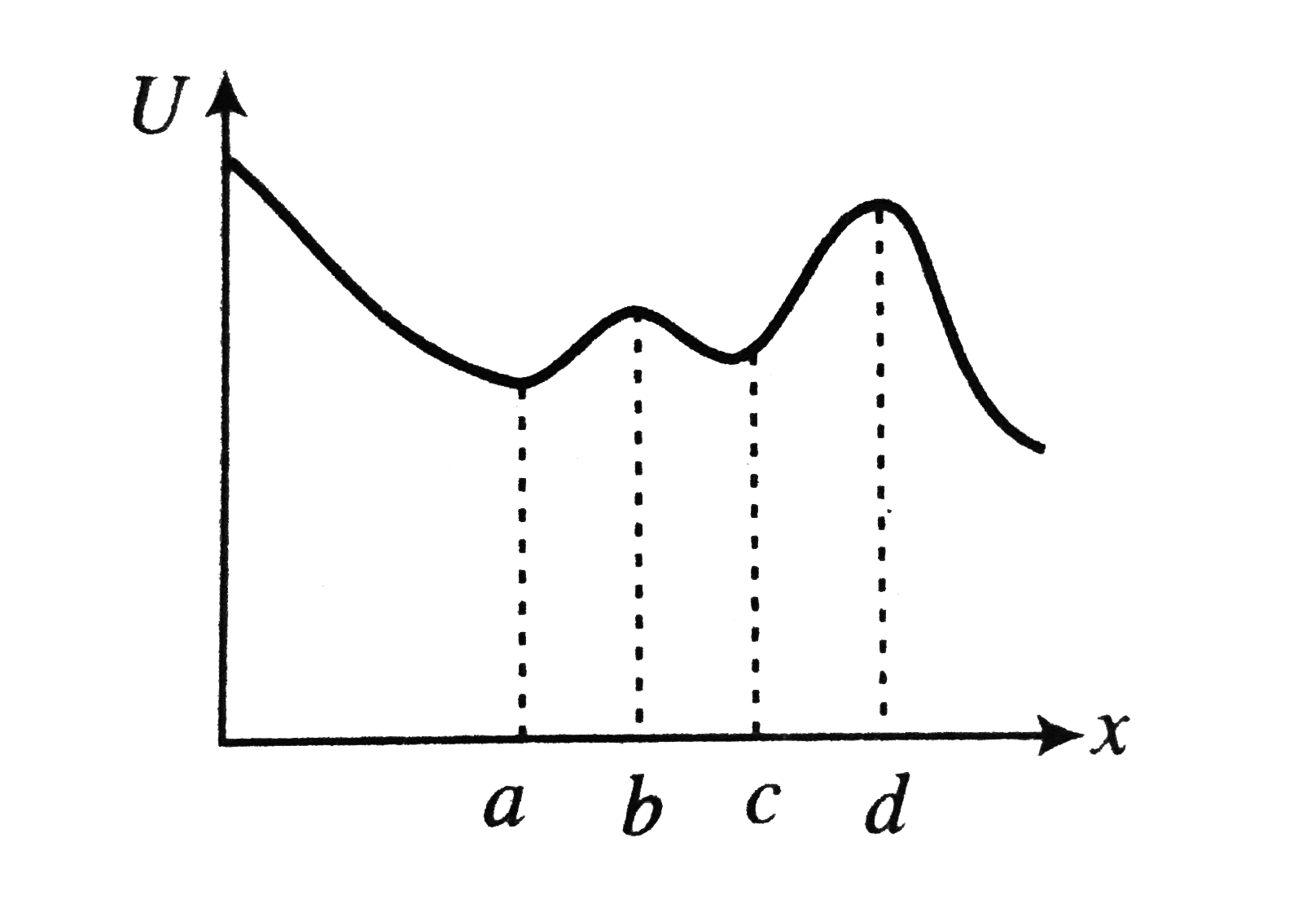
(a) a, c, and d are points of equilibrium
(b) a is a point of stable equilibrium
(c) b is a unstable equilibrium point
(d) All of the above
The correct Answer is:D
For equilibrium, potential energy has to be minimum, maximum or constant.
Topper's Solved these Questions
- WORK, POWER & ENERGYBOOK - CENGAGE PHYSICS ENGLISHCHAPTER - WORK, POWER & ENERGYEXERCISE - Multiple Correct
25 Videos
- WORK, POWER & ENERGYBOOK - CENGAGE PHYSICS ENGLISHCHAPTER - WORK, POWER & ENERGYEXERCISE - Linked Comprehension
55 Videos
- WORK, POWER & ENERGYBOOK - CENGAGE PHYSICS ENGLISHCHAPTER - WORK, POWER & ENERGYEXERCISE - Subjective
23 Videos
- VECTORSBOOK - CENGAGE PHYSICS ENGLISHCHAPTER - VECTORSEXERCISE - Exercise Multiple Correct
5 Videos
Similar Questions
Knowledge Check
The function f is a parabolic function that intersects the x-axis. Which of the following statements must be true ?
AThe function has at least one real root.BThe function has no real roots.CThe function intersects the positive y axis.DThe function has two zeros.
A particle moves along x-axis as x=4(t−2)+a(t−2)2
Which of the following is true?
View SolutionFigure shows the velocity of a particle moving on x-axis.
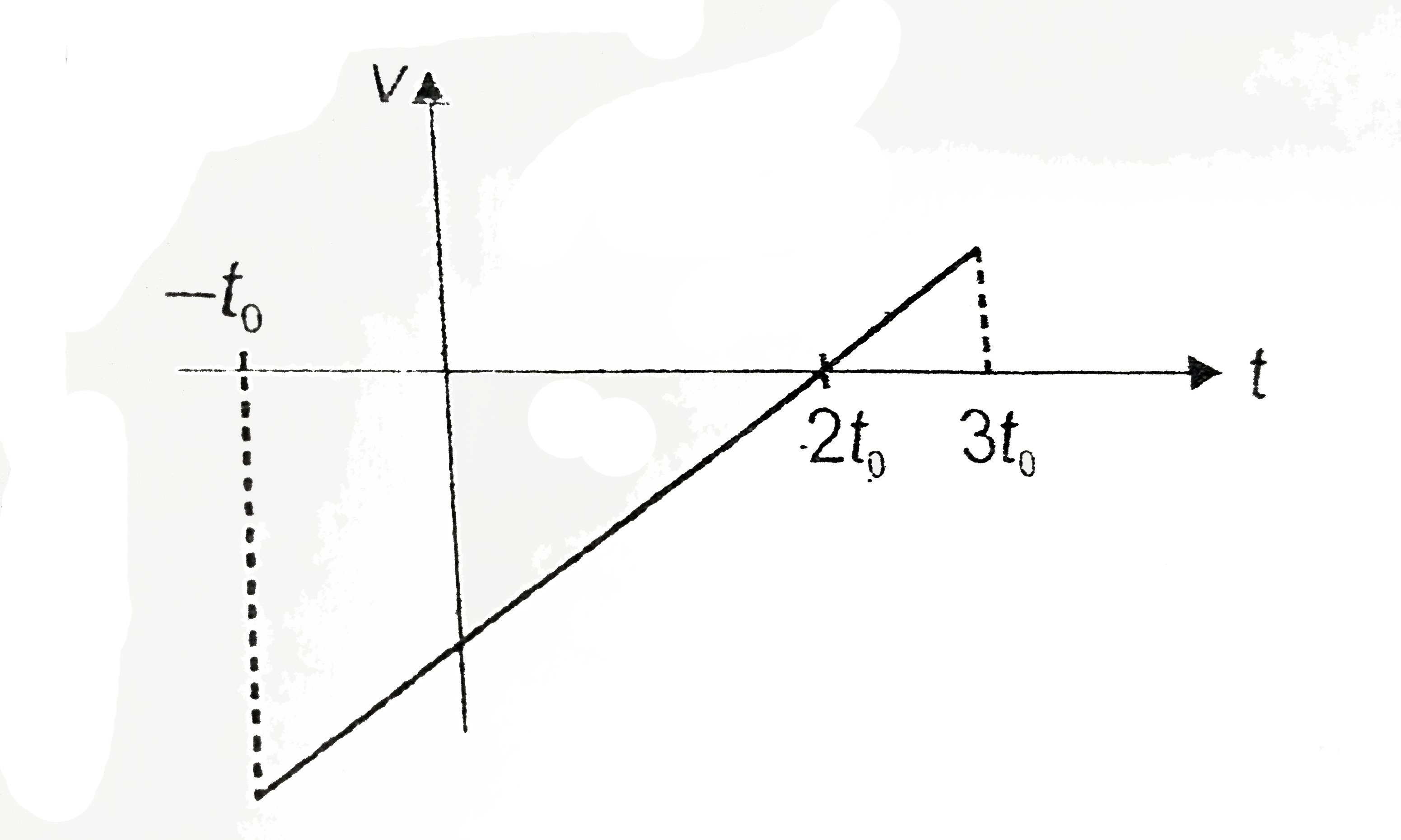
Which of the following statement is correct for the interval shown in graph?
View SolutionFigure shows velocity time graph of a particle moving in straight line. Which of the following statement(s) is / are CORRECT:−
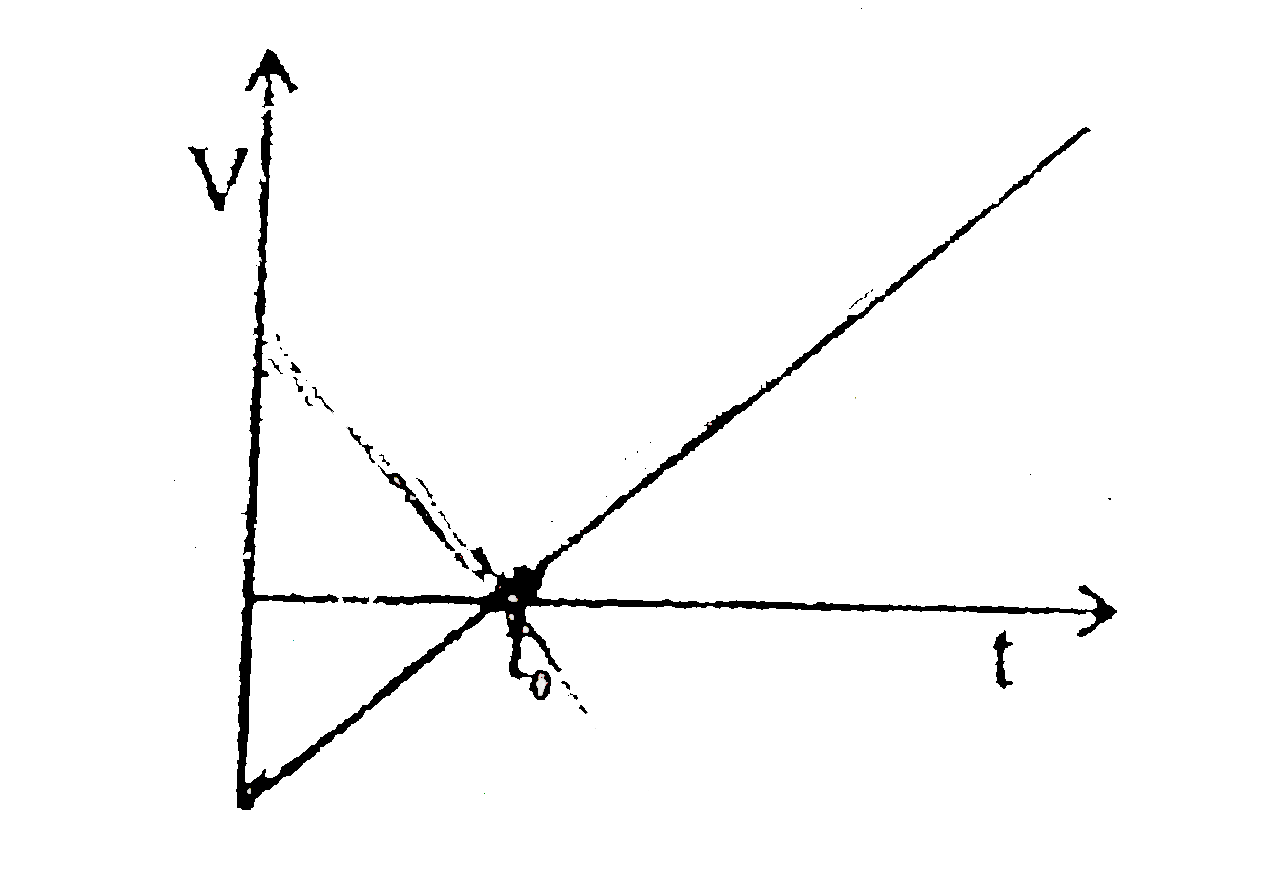
View SolutionFigure shows acceleration versus time graph of a particle starting from rest and moving along a straight line. Which of the following staement (s) is/are correct ?
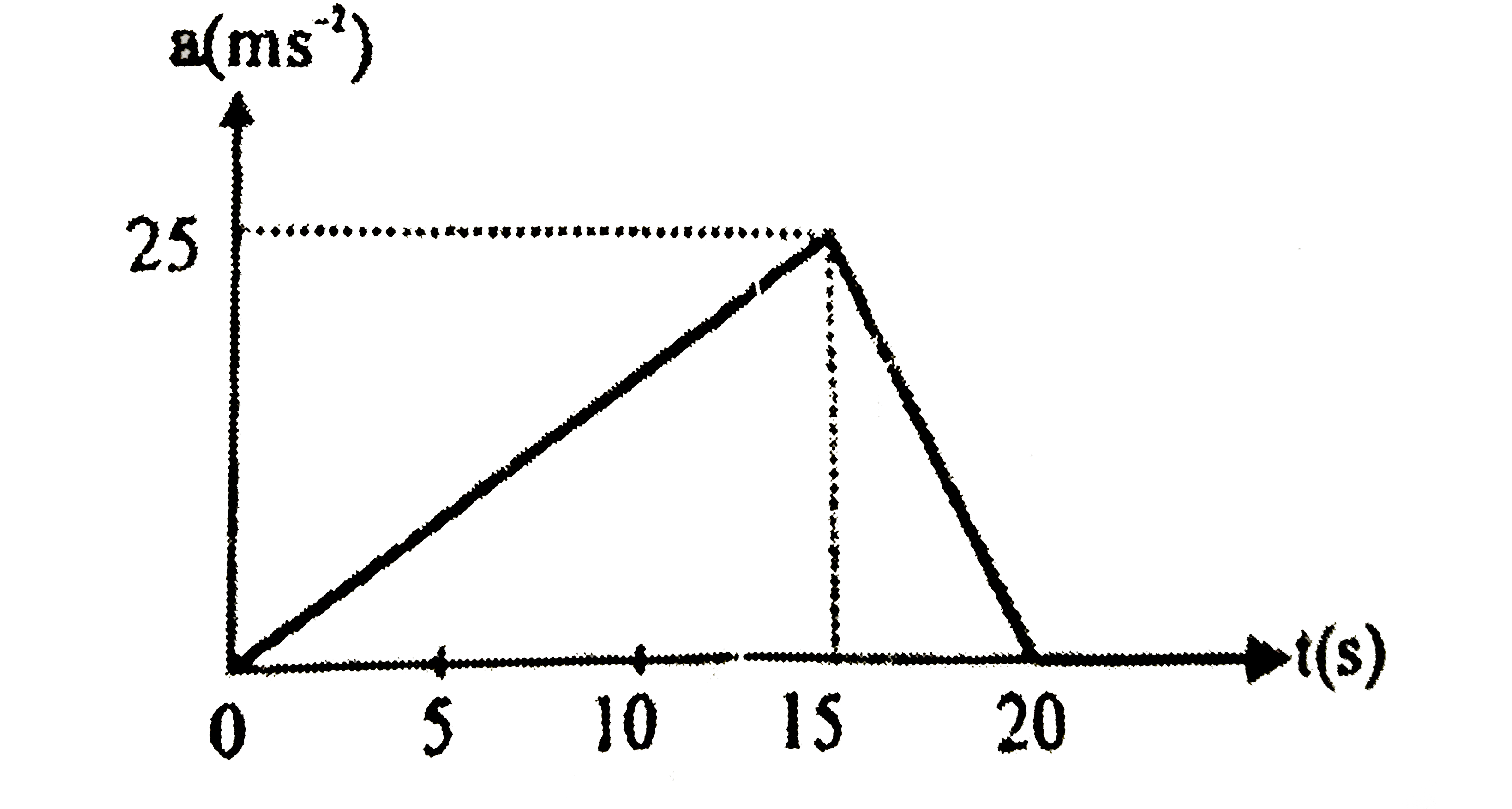
View SolutionIn the figure shown the potential energy U of a particle is plotted its position 'x' from origin. Then which of the following statement is correct A particle at :
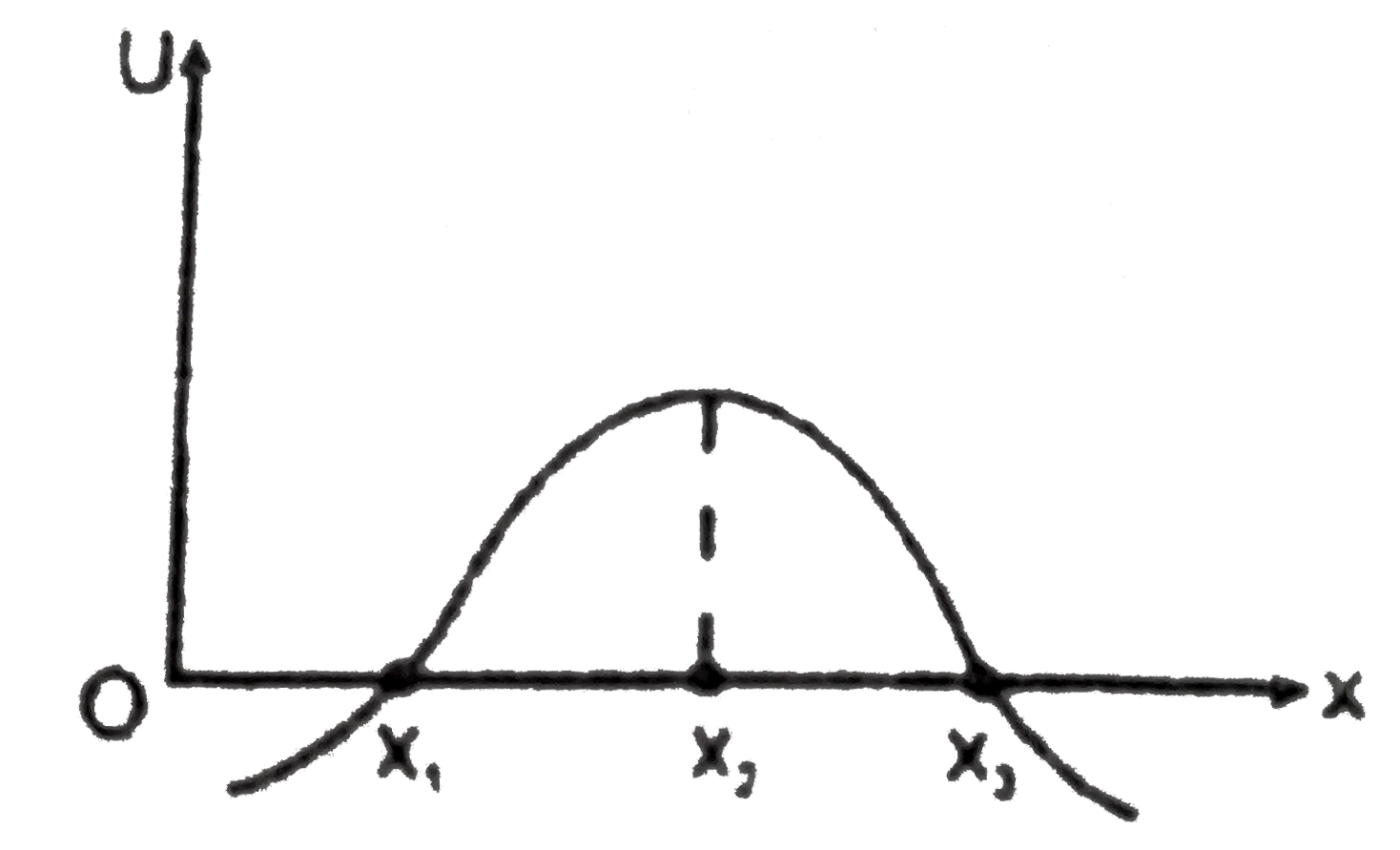
View SolutionThe first graph shows the potential energy U(x) for a particle moving on the x axis. Which of the other four graphs correctly gives the force F exerted on the particle?
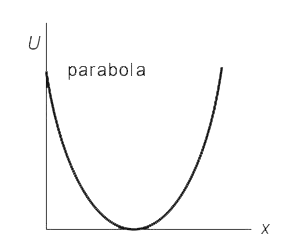
View SolutionFigure shows the position of a particle moving on the x - axis as a function of time
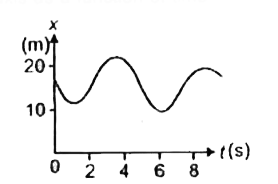
View Solution
